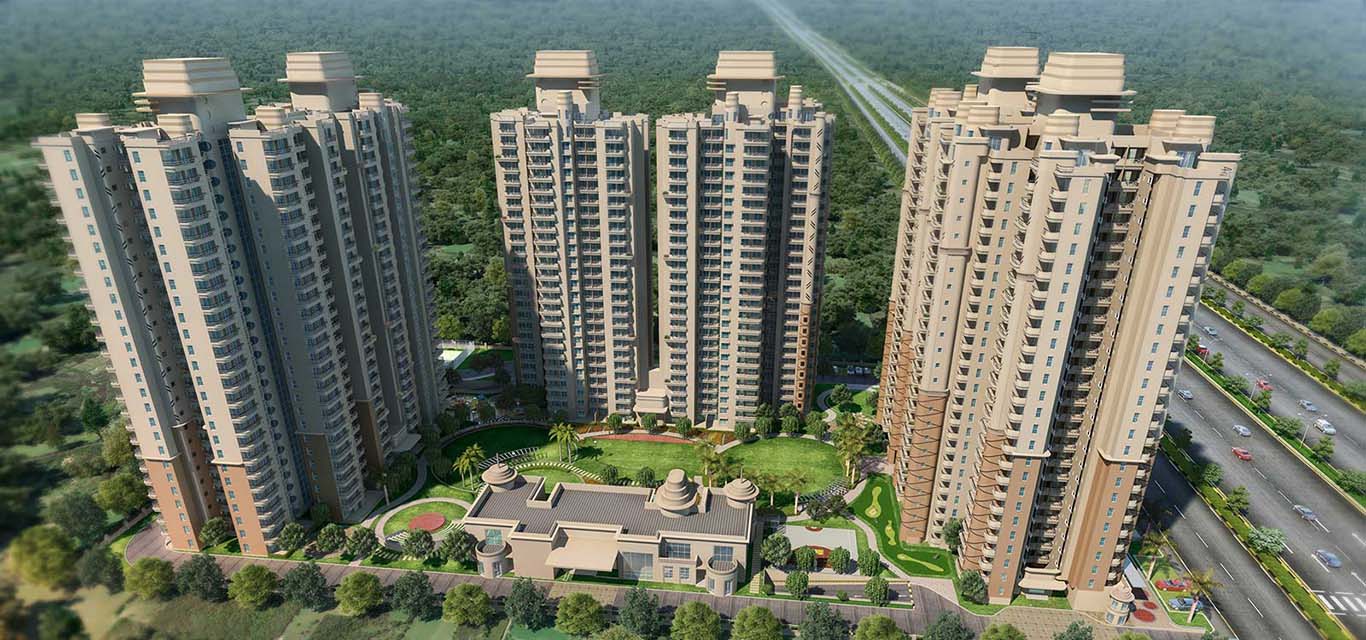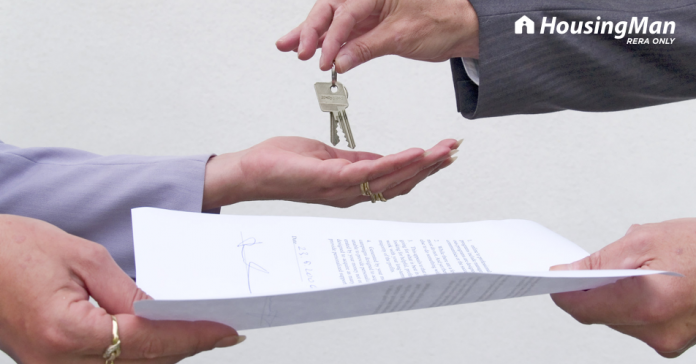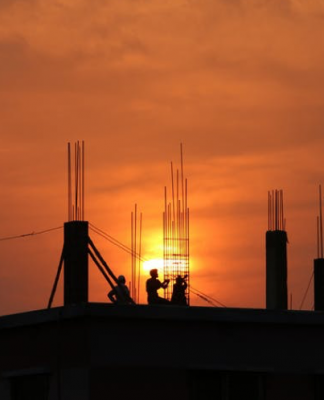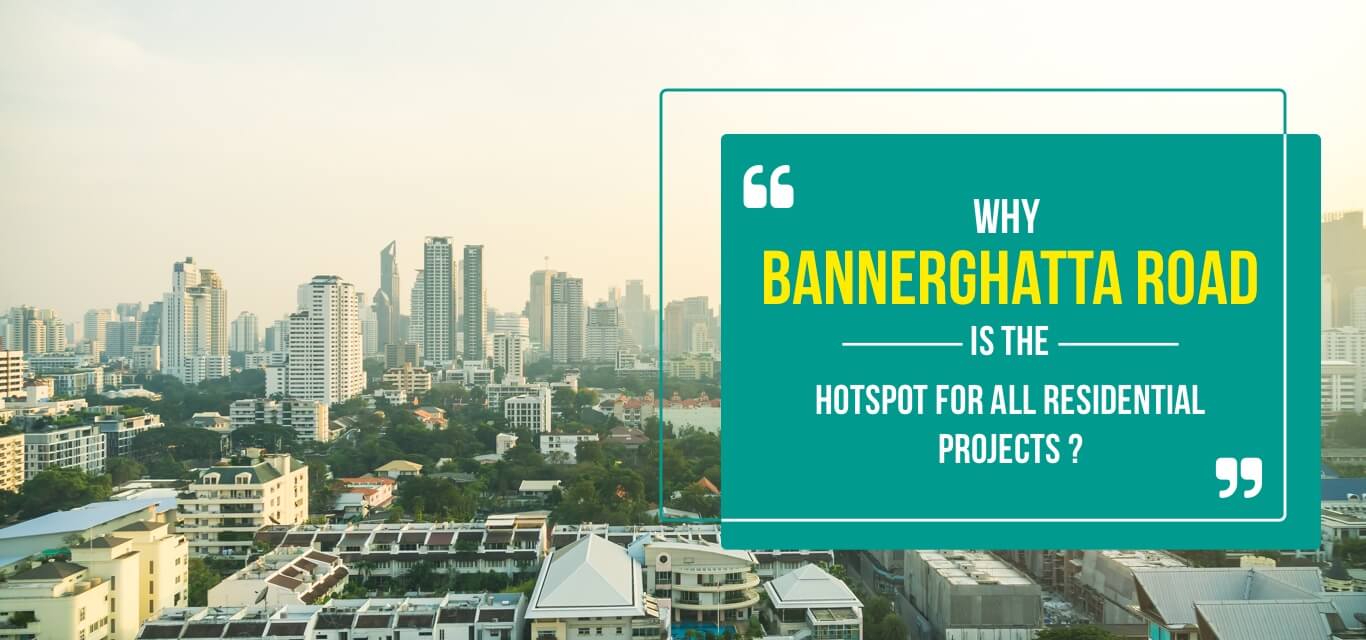When you’ve decided on buying a property, do you know what are the property documents that you must have before the registration of your property? There are countless occasions in which disputes have broken out between buyers and sellers simply because the buyer was not provided with a document, neither was he aware of the need for such a document during a property registration.
Recently, we had come across a first-time property buyer who did not know about the importance of an Occupancy. The first time he came across the necessity of having such a document was when the seller demanded another payment of Rs. 1.80 L as booking advance, despite paying it once in cash. The only mistake of not having a receipt for the booking advance payment turned out to be the biggest mistake in his entire home buying process.
Since property buying is a huge deal, particular attention should be given on whether you have received all the relevant documents before your property registration. To guide you through your property buying process and to avoid all the hassles of not having the required property documents, here are the documents to check before taking possession of your property.
1. Allotment Letter: One of the most important property documents that you need, particularly when you opt for a home loan is the Allotment letter. This is also one of the few documents you’ll have in your possession for an under-construction property. However, you will get the allotment letter only after paying at least 15% of the total payable amount.
In simple terms, the Allotment letter from the builder is a document that you get upon your property registration, which gives an overview of everything that the property builder or developer has promised to you while buying the property. There are two circumstances when the Allotment letter comes into significance;
a. One; when you opt for a bank loan, you will have to submit the Allotment letter, as it mentions the amount of money that you are yet to pay the builder.
b. Secondly, it is extremely handy when it comes to any dispute between you and the builder. For example, if you did not receive a service/amenity that was mentioned in your allotment letter, you can opt to legally refuse to pay the subsequent amount, unless the builder fulfills their promise. The builder is even legally obliged to pay the whole amount back to the home buyer, in such cases.
2. Builder-buyer agreement: Once the registration of property is over, you will receive a builder-buyer agreement from your builder. In case, you did not get, don’t hesitate to ask your builder. It is a long list of terms, clauses, and legal consequences that have been agreed upon by the builder as well as the buyer, in case of any default by any of the parties. We can’t emphasize more on the importance of this document!
This is why, while signing in the builder-buyer agreement, you should be extremely cautious. Here of the most important questions, you need to ask yourself, while signing the agreement are:
a. Is the time frame of your project as promised?
b. What are the terms and clauses related to the payment?
c. As a buyer, what are the interests, default charges, and penalties that you’ll have to incur?
d. Has the builder obtained all the necessary approval and authorization for the construction?
e. Do you agree with the layout plans?
f. Who owns the title and project ownership?
g. What is the developer’s source of funding?
h. In case of the incompletion of the project, how does your builder plan to refund your money?
3. Copy of the Possession Certificate: The possession letter is also one of the key property documents when it comes to securing a bank loan. It is a letter that states, in detail, about the date of possession of the property. Remember that you should only sign the possession letter after confirming that all the amenities that were previously mentioned are provided to you.
Check for the size of your rooms and associated features. Once everything is okay, you can sign the possession certificate. One copy of the possession certificate is provided to you, while the other copy is retained by the builder.
4. Occupancy Certificate: The Occupancy Certificate, commonly known as OC as well as Completion Certificate, is the most important document of all. This document, unlike the possession certificate, is issued by the local government body or planning authority after the completion of the construction. The authorities check whether the building abides by the various codes and regulations set by the government, and decides whether the building is ready for occupancy.
The Occupancy Certificate is the most important document when it comes to owning a property. Here are some of the most important uses of having an Occupancy Certificate:
a. It is the document that you submit for availing a loan from banks and other financial institutions.
b. You will need the Occupancy Certificate when you apply for water supply, telephone, and electricity connections to your new flat.
c. You cannot move your property without having an Occupancy Certificate.
d. The OC is inevitable when you apply for Khata.
e. You cannot sell a flat without OC. In case you do, you won’t be able to get a good price on the property.

5. Tripartite agreement: A tripartite agreement, in simple terms, is an agreement between the builder, bank, and the buyer, which states all the details regarding your home loan during property registration. This agreement is made before the registration of property. It also includes many other important clauses making the roles, responsibilities, obligations, and accountability of all the parties involved in the home buying process. While signing the tripartite agreement, this is what happens:
a. All the parties involved are clear about their rights during the transaction.
b. The developer makes it clear that the said property title is in their name.
c. The agreement specifies that the property has not been sold, illegitimately, to any other party, neither has any other agreement been signed between the builder and a different party.
d. The builder clarifies that the property has been developed according to the rules and recommendations, given by the local government.
e. If the property has not been possessed, the builder provides the exact date of possession and the stages of construction.
f. The agreement includes the sale value of the property, the home loan amount, interest rate charged, and the amount and tenurity of the installments.
g. It also specifies the penalty that has to be borne by the homeowner, in case of defaults or cancellation of the booking.
6. Full payment receipts: Despite being the most commonly ignored document while property buying, the full payment receipt from the builder stating that the buyer has paid the amount is extremely important. This is also one of the most common reasons for the dispute between a buyer and a builder.
Sometimes certain builders accept the payment in cash, and the only proof that you have made the payment is a receipt from the builder during property registration. In some cases, just like the instance mentioned in the introductory paragraphs, there are wilful builders who withhold the possession of property stating that the buyer has never paid the amount. A receipt is the only document that can help a buyer in such disputes. The transaction receipt is also very important for availing further home loans too. So, never forget to get a receipt for whatever transactions you make while property buying.
7. Allotted parking details: When you buy a home, you’re most probably entitled to a parking area too. More often than not, these parking areas are specifically allotted to individual flat owners. That is why the certificate that shows your rightful parking area is important to obtain from the builder during the registration of property.
Usually, you’ll get this certificate at possession from the builder. However, request for one if you haven’t received it even after possession. Also, remember that this is also a contract stating that you, being the buyer, will not sell or transfer an allotted parking area to someone else.
While these are the most important documents to check before taking possession of the property from a builder or developer, there could also be some additional documents, such as property deeds, khata certificate, RTC certificate, and so on, if you’re planning to buy a plot or an individual home. So, ensure that you are aware of all these documents and that your builder provides them. If you’ve not received any of these documents, don’t hesitate to ask your builder and never turn a blind eye, when it comes to the property documents during the property registration.













